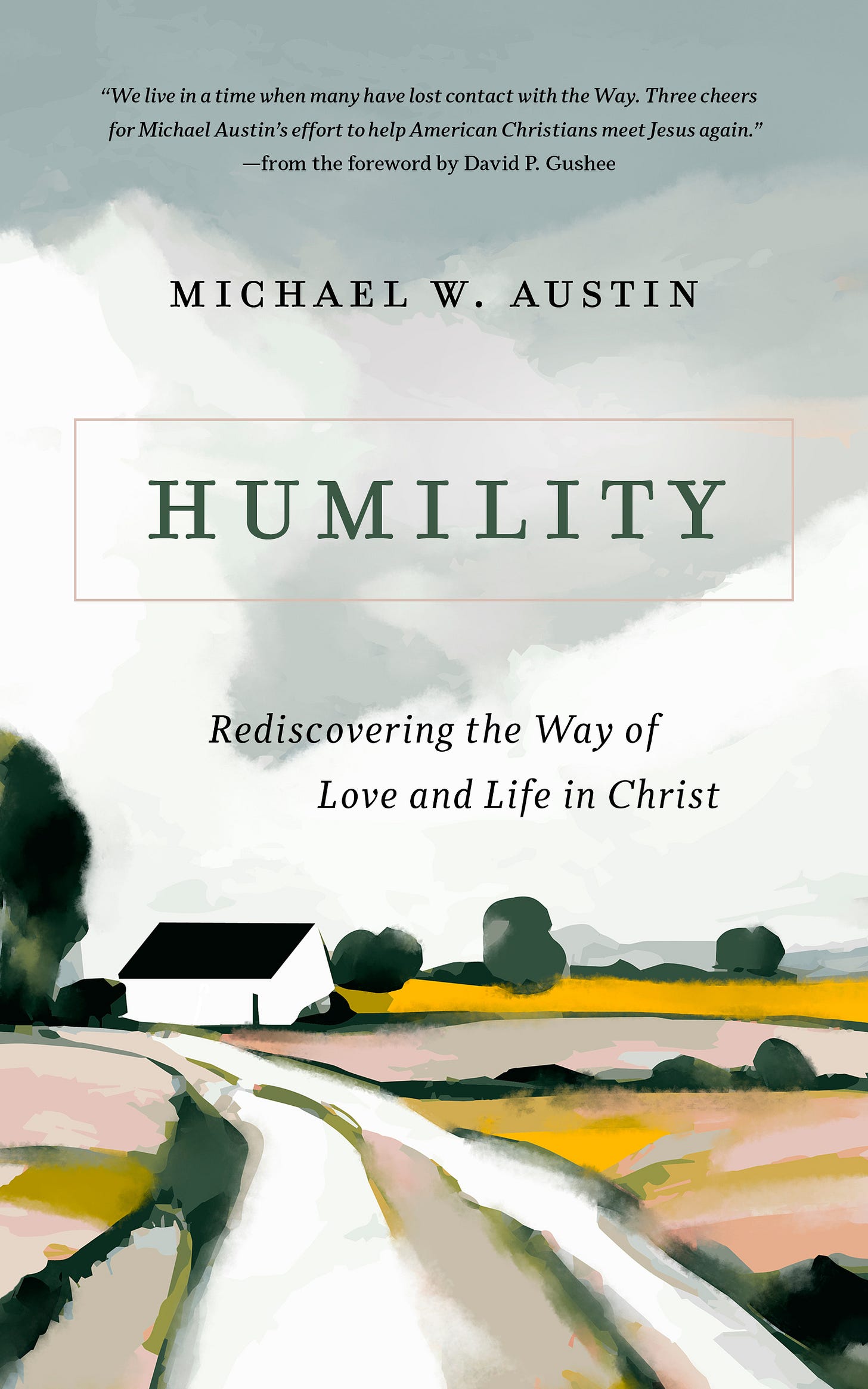A recent survey of Christians provides evidence that we have a character problem. Seventy-two percent of practicing Christians completely or somewhat agreed with the statement “To be fulfilled in life, you should pursue the things you desire most.” Sixty-seven percent of practicing Christians also completely or somewhat agreed that “The highest goal in life is to enjoy it as much as possible.” Such beliefs, if put into practice, undermine good character. The first one assumes that there is no such thing as a bad desire, if it is something we desire the most. But that’s not true, as experience, reflection, and the Bible all testify (see Col. 3:5–11). If I accept that my highest goal in life should be to enjoy it as much as possible, I naturally adopt a self-centered approach to life. Such an approach is antithetical to the teachings of Christ. What sort of character is formed in me if enjoyment is my highest goal in life? Not a virtuous one, to be sure. Imagine how this belief would impact my relationships with others in my family, my friends, and my fellow Christians at church. Yet a majority of practicing American Christians apparently agree with these claims. What we believe is not all that matters. We are also creatures of emotion and desire. Our actions are influenced by belief and desire; both are influential. Both must be attended to, then, as we seek to grow in Christ.
. . . Christians past and present testify that character is central to what it means to be a Christian. In a discussion of Colossians 3:5–14, Rebecca Konyndyk DeYoung puts it this way: “the moral project for a Christian is to die to the old self and rise to new life in Christ.” C. S. Lewis puts the same point succinctly, straightforwardly, and memorably, as he so often does: “Every Christian is to become a little Christ. The whole purpose of becoming a Christian is simply nothing else.” DeYoung is right. We must die to ourselves and live for Christ. Lewis is right. To become a Christian is to become like Christ. To become a little Christ is to be like him in all of life. This change in us will likely be slow. Even very slow. We shouldn’t focus on achieving the elusive goal of perfection. But we should be moving toward becoming a little Christ. We should be making progress. This should be the overall orientation of how we live as followers of the Way.
What does it mean, though, to be a follower of the Way? What does it mean to become like Christ in all of life? Dallas Willard explains, “as a disciple of Jesus I am with him, by choice and by grace, learning from him how to live in the kingdom of God.… I am learning from Jesus to live my life as he would live my life if he were I.… I am learning from Jesus how to lead my life, my whole life, my real life.” For my life, this means that I should seek to be the husband, father, friend, professor, member of Covenant Community Church, high school soccer coach, writer, activist, and citizen that Jesus would be if he were I. This is a tall order, and it’s not even a comprehensive list. But what greater purpose, what greater vision for our lives, could there be? In order to make progress in such a way of life, we must be growing in the virtues of Christ. It’s essential. Our character must increasingly reflect his character.
Character should matter to us for many reasons, but primarily because it matters to God. Willard is helpful again: “The revolution of Jesus is … a revolution of character, which proceeds by changing people from the inside through ongoing personal relationship to God in Christ and one another. It is one that changes their ideas, beliefs, feelings, and habits of choice, as well as their bodily tendencies and social relations. It penetrates to the deepest layers of their soul.”
. . . This is the revolution of the Way of Jesus. The revolution of the Way does not involve coercion, mere political power, violence, social status, or any of the other traits of lesser revolutions. The revolution of the Way is different. It’s a revolution of character and community, a revolution of humility and love.
— Michael W. Austin is Foundation Professor of Philosophy at Eastern Kentucky University and Bonhoeffer Senior Fellow of the Miller Center for Interreligious Learning and Leadership of Hebrew College. He has published twelve books, most recently QAnon, Chaos, and the Cross: Christianity and Conspiracy Theories and God and Guns in America.
Photo by RDNE Stock project
---
Excerpted from Humility: Rediscovering the Way of Love and Life in Christ by Michael W. Austin (Eerdmans, 2024). Used by permission.
“Akin to the writings of Dallas Willard, James K. A. Smith, and Rebecca Konyndyk DeYoung, Michael Austin’s book is a welcome addition to the long and vibrant tradition of philosophical reflection on Christian spiritual formation. Austin draws out biblical and theological insights about learning from Jesus to become like him, and in so doing he develops a profound moral psychology of conformation to Christ. This is the kind of analysis that is needed for Jesus-followers who desire greater clarity and confidence that Jesus and his way of life reliably bring about change. I highly recommend this book.”
— Steve L. Porter, executive director of the Martin Institute for Christianity and Culture, Westmont College
Find Humility: Rediscovering the Way of Love and Life in Christ at Amazon, Barnes & Noble, Bookshop.org, and Christianbook.com.
*sponsored post





The Christian call to arms is to be like Christ. Those who have been the most like Him, are those who this world is ‘not worthy of.’
Let us look to Christ, or let us be blind. Either we seek Him wholeheartedly, or we are merely deceive ourselves. Christ is the goal, the blessing, and the hope of heaven. By being like Him, we in some ways bring a small part of heaven to earth.
To quote Lewis, “Those who were the most heavenly minded, did the most earthly good.”
As a former atheist, I've found that being a Christian is fairly simple. "Seek first the kingdom of God." Yes, God gives us great depths to plumb to know Him more about Him, but living Christian is following Jesus Christ as close as humanly possible, believing what He believes, obeying the Spirit of God within us, and seeking those things that please Him. That doesn't always mean it will always please us because following Christ closely can lead to struggles and even suffering in this life - Jesus made that clear to His disciples. Who wants to struggle and suffer? That's why we have God's Spirit within us, to guide us into all truth. If Christians read the Bible with a mindset that they will read the text in context and rightly divide the Word of truth, being a Christ-follower is fairly simple. Follow Him. Obey Him. Bring glory to God and finish the work He has given us to do.